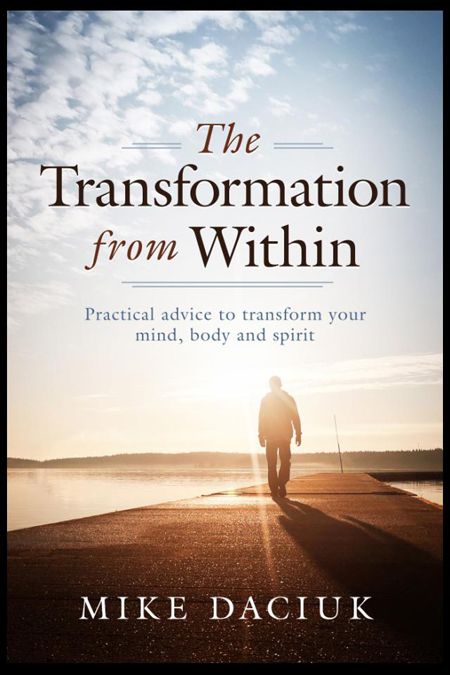Weight Loss Supplements
Over-the-counter weight-loss pills:
Do they work?
The temptation to use over-the-counter weight-loss pills to lose weight fast is strong. But are these products safe and effective?
The appeal of losing weight quickly is hard to resist. But do weight-loss pills and products lighten anything but your wallet? And are they a safe option for weight loss? Here’s a look at some over-the-counter weight-loss pills and what they will and won’t do for you.
Over-the-counter (OTC) weight-loss pills: What you need to know
A number of weight-loss pills are available at your local drugstore, supermarket or health food store. Even more options are available online. Most haven’t been proved effective, and some may be downright dangerous.
How can companies sell potentially unsafe products? Dietary supplements and weight-loss aids aren’t subject to the same rigorous standards as are prescription drugs. Thus, they can be sold with limited proof of effectiveness or safety. Once a product is on the market, however, the Food and Drug Administration (FDA) monitors its safety and can take action to ban or recall dangerous products.
For this reason, it’s important to do your homework if you’re thinking about trying weight-loss pills. Read labels and talk with your doctor or pharmacist. Also check the FDA Web site for alerts about safety concerns and product recalls. The table shows common weight-loss pills and what the research shows about their effectiveness and safety.
|
Product |
Claim |
Effectiveness |
Safety |
| Alli — OTC version of prescription drug orlistat (Xenical) | Decreases absorption of dietary fat | Effective; weight-loss amounts typically less for OTC versus prescription | FDA investigating reports of liver injury |
| Bitter orange | Increases calories burned | Insufficient reliable evidence to rate | Possibly unsafe |
| Chitosan | Blocks absorption of dietary fat | Insufficient reliable evidence to rate | Possibly safe |
| Chromium | Increases calories burned, decreases appetite and builds muscle | Insufficient reliable evidence to rate | Likely safe |
| Conjugated linoleic acid (CLA) | Reduces body fat and builds muscle | Possibly effective | Possibly safe |
| Country mallow (heartleaf) | Decreases appetite and increases calories burned | Insufficient reliable evidence to rate | Likely unsafe and banned by FDA |
| Ephedra | Decreases appetite | Possibly effective | Likely unsafe and banned by FDA |
| Green tea extract | Increases calorie and fat metabolism and decreases appetite | Insufficient reliable evidence to rate | Possibly safe |
| Guar gum | Blocks absorption of dietary fat and increases feeling of fullness | Possibly ineffective | Likely safe |
| Hoodia | Decreases appetite | Insufficient reliable evidence to rate | Insufficient information |
Include your doctor in your weight-loss plans
If you’re considering trying weight-loss pills, be sure to talk with your doctor, especially if you have health problems or take prescription drugs. Why? For one thing, your doctor can provide support and advice on losing weight, and can monitor your progress. Just as important, your doctor can talk with you about possible side effects and what to watch out for.
In addition, your doctor can help determine if weight-loss pills are likely to interact with any prescription drugs you take. Many weight-loss pills contain multiple ingredients, such as herbs, botanicals, vitamins, minerals, and even caffeine or laxatives. If you take prescription drugs — or herbal or dietary supplements — adding weight-loss pills to the mix can be tricky.
Despite the hype, no quick fixes
The makers of weight-loss pills would like you to believe that their products will miraculously solve your weight problems. But keep in mind that even if you take a weight-loss pill, you still have to eat fewer calories than your body uses in order to lose weight. And even if these products help you lose weight initially, you will probably have to keep taking them to keep the weight off, which may not be practical or safe.
The reality is that there’s no magic bullet for losing weight. The most effective way to lose weight and keep it off is through lifestyle changes: Eat healthy, low-calorie foods, watch portion sizes and be physically active. It’s not magic, but it works.



